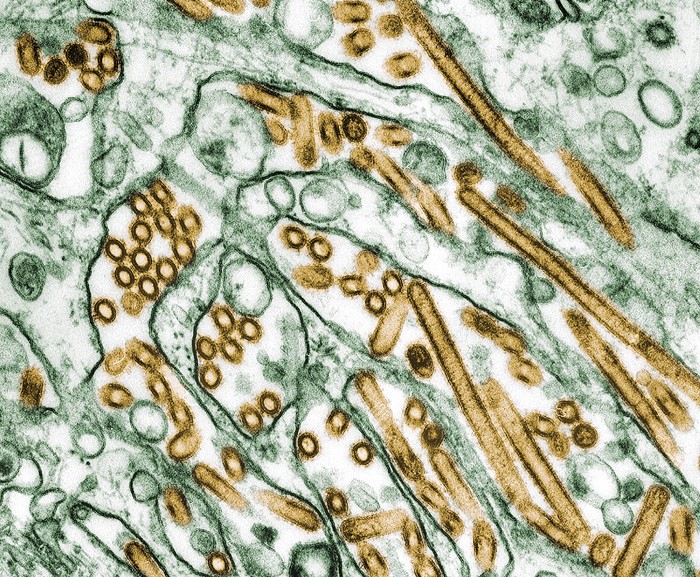Advertisement
Grab your lab coat. Let's get started
Welcome!
Welcome!
Create an account below to get 6 C&EN articles per month, receive newsletters and more - all free.
It seems this is your first time logging in online. Please enter the following information to continue.
As an ACS member you automatically get access to this site. All we need is few more details to create your reading experience.
Not you? Sign in with a different account.
Not you? Sign in with a different account.
ERROR 1
ERROR 1
ERROR 2
ERROR 2
ERROR 2
ERROR 2
ERROR 2
Password and Confirm password must match.
If you have an ACS member number, please enter it here so we can link this account to your membership. (optional)
ERROR 2
ACS values your privacy. By submitting your information, you are gaining access to C&EN and subscribing to our weekly newsletter. We use the information you provide to make your reading experience better, and we will never sell your data to third party members.
Infectious disease
Vaccines in US stockpile may protect against current H5N1 virus strain
Antibodies from past clinical trial participants neutralized bird flu virus from clade circulating in US dairy cows
by Alex Viveros
July 22, 2024

The ongoing spread of bird flu in US dairy cattle has prompted concerns over what could happen if the H5N1 virus were to adapt to spread efficiently in people. A study conducted by the US Food and Drug Administration may offer some relief. Scientists found that human vaccines developed for older versions of H5N1 produce antibodies that may offer protection against the strain now circulating in over 160 herds (Nat. Med. 2024, DOI: 10.1038/s41591-024-03189-y).
Three FDA-approved vaccines, which were designed to protect against H5N1 strains that circulated in the early 2000s, are stored in the US national stockpile. More than 880 people worldwide have tested positive for H5N1 since 2003. Over half of them died.
The virus that scientists are using to create vaccines against the strain currently infecting cows has over 30 amino acid changes to its hemagglutinin protein compared with that in older H5N1 strains. That protein lines the outside of the virus and helps it bind to cells.
People who receive the stockpiled inactivated H5N1 vaccines produce antibodies against the hemagglutinin protein. To judge whether the stockpiled vaccines would protect against the new strain, scientists tested serum samples left over from clinical trials of the vaccines conducted over the past two decades. They found that antibodies in the samples neutralized an H5 virus belonging to clade 2.3.4.4b, which the virus circulating in cows is a part of.
“This data shows that at least a good percentage of people who were vaccinated with those vaccines induced antibodies that, at least theoretically, would provide some protection against the 2.3.4.4b viruses,” says Richard Webby, a virologist at St. Jude Children’s Research Hospital who was not involved in the research. “I think it’s really good news. It suggests that those older stockpile vaccines are still useful.”





Join the conversation
Contact the reporter
Submit a Letter to the Editor for publication
Engage with us on Twitter